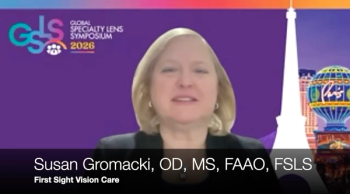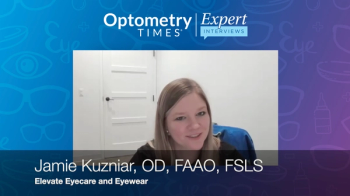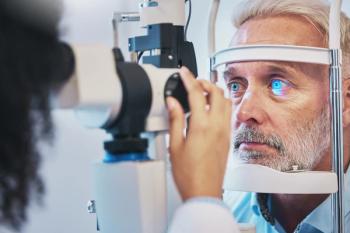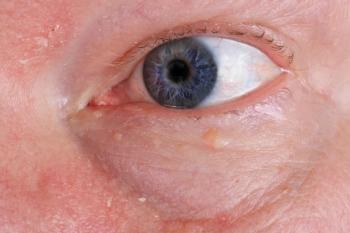
AOA survey finds parents are unaware of infant vision needs
The American Optometric Association’s 2014 American Eye-Q survey finds only 19 percent of parents know that a child should have his first comprehensive eye assessment between six and 12 months of age.
St. Louis, MO-The
The survey also found that 36 percent of parents are unaware that conditions such as myopia, hyperopia, amblyopia, strabismus, and even tumors can be detected in infants. Only 10 percent of parents know it’s safe to dilate an infant’s eyes to detect these conditions.
"Even if a child isn't showing any signs or symptoms of problems, there could still be issues with their vision," says Glen Steele, OD, FCOVD, FAAO, chair of the InfantSEE Committee. "If it's not detected and treated early, a number of eye and vision conditions can impair an infant's ability to reach important developmental milestones, create lifelong learning and social problems and even threaten sight."
The InfantSEE program provides a one-time, comprehensive eye assessment to infants at no cost, regardless of income.
Newsletter
Want more insights like this? Subscribe to Optometry Times and get clinical pearls and practice tips delivered straight to your inbox.













































